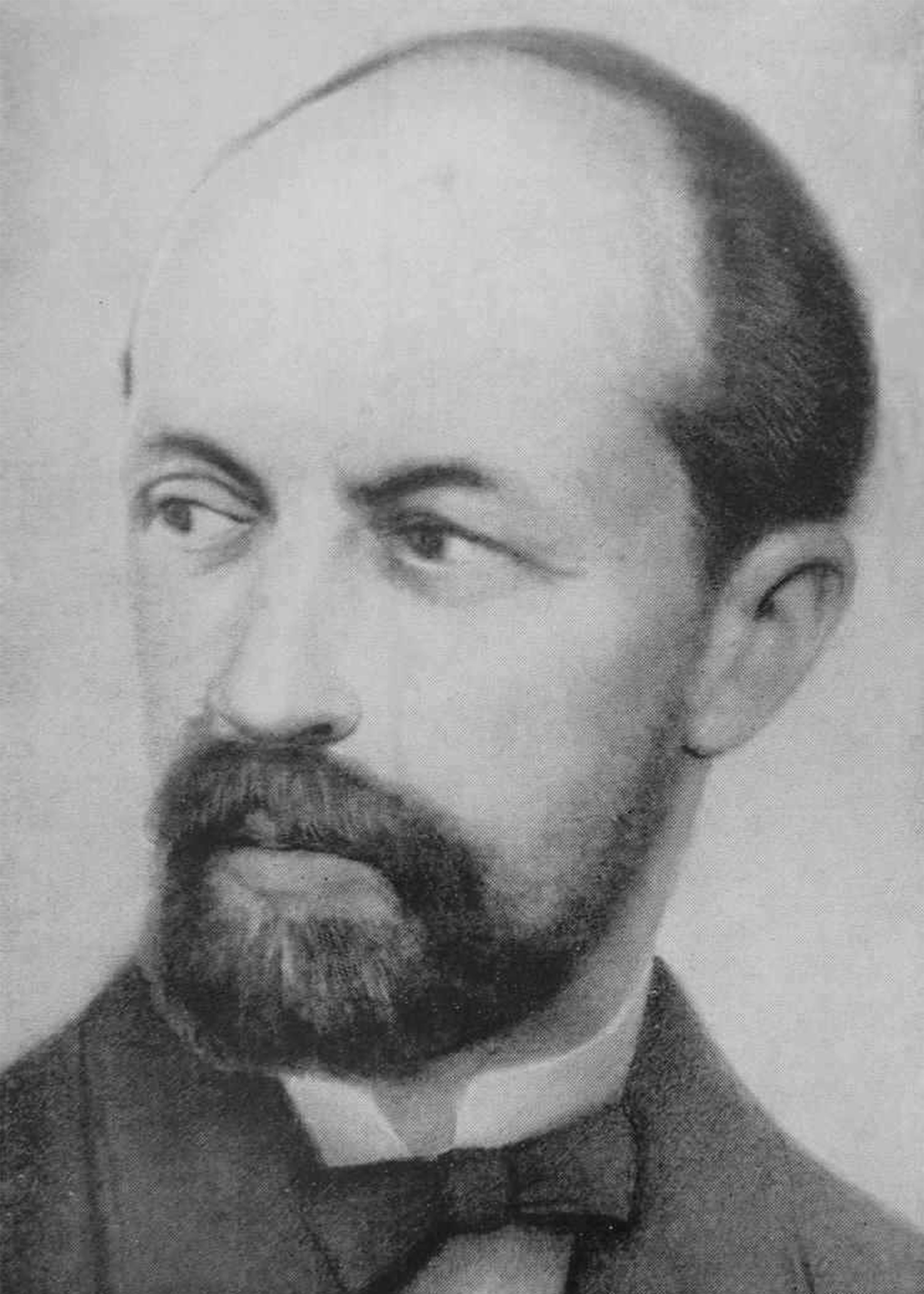Composer | Albert Roussel

Born in 1869 in northeastern France, Albert Roussel was raised by his grandfather and then by an aunt after the early deaths of his parents. Although showing signs of musical prowess, he first chose a career at sea, becoming a naval cadet at fifteen and as a young man commanded a torpedo ship in the Far East. But drawn to music, at twenty-five he resigned from the navy and soon began studying at the Schola Cantorum in Paris under Vincent d’Indy. While still a student there he began teaching counterpoint, his pupils including Eric Satie, Edgard Varèse, and Georges Auric.
While the first of his four symphonies shows d’Indy’s influence, works like Evocations (1911), based on his travels in South Asia, and the ballet The Spider’s Feast (1912) increasingly reflect Impressionism. Despite ill health, in World War I he served first in the Red Cross and then in the artillery, during which he completed his opera-ballet Padmâvatî, using Indian scales. Following the war he was increasingly drawn to neo-classicism, with increased rhythmic vitality and elements of polytonality. In addition to chamber and orchestral works, he wrote two more ballets, Bachus et Ariane (1931) and Aenéas (1935), a comic opera, and many songs before his death in 1937.